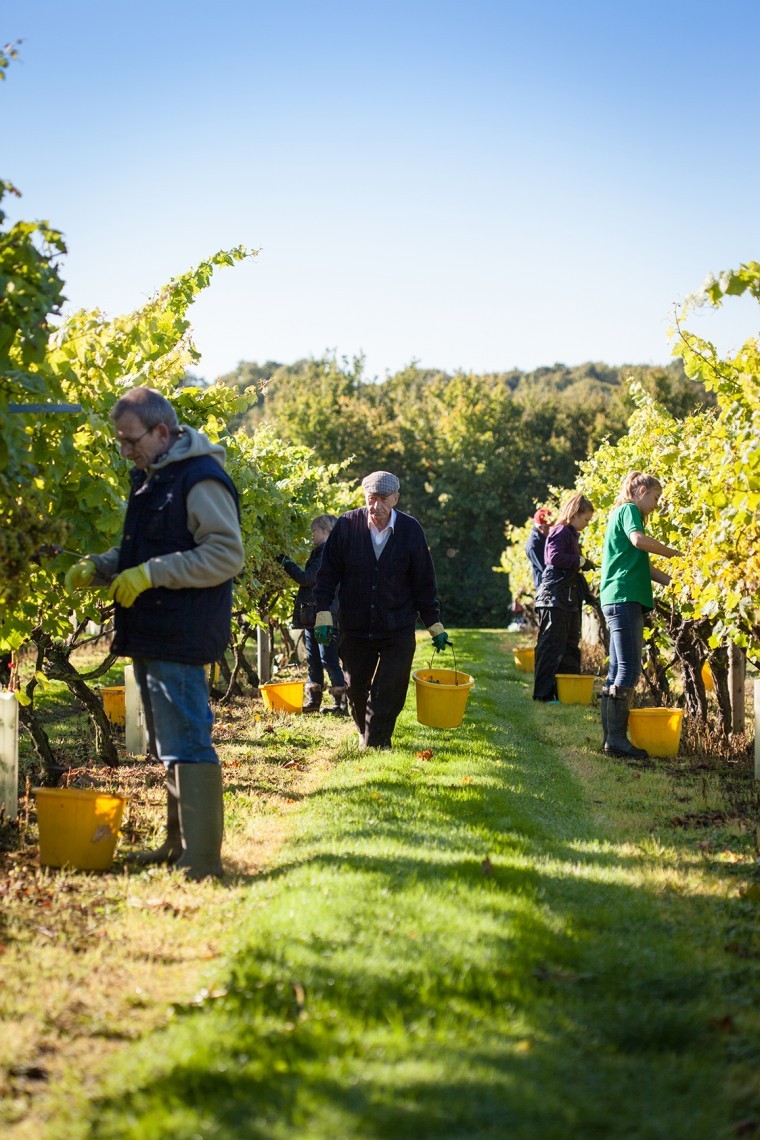Duncan Cochrane-Dyet, Kent Managing Partner at accountants MHA MacIntyre Hudson, says HMRC’s permission for furloughed employees to seek work elsewhere could be a major boost for the agricultural sector, but farmers need to think carefully how they utilise these workers.
“With some 70-80,000 additional hands needed over the picking season, many farmers were understandably relieved when HMRC confirmed furloughed workers could take on additional employment. As Covid-19 means EU migrant workers can no longer travel to the UK, there is a major shortage to cover.
“There are several factors to consider when enrolling furloughed workers on farms. Farmers need to be aware that making use of furloughed staff is highly likely to require consent from their original employer. This isn’t always necessary, as it depends on the nature of their employment contract, but it is essential to check this before hiring anyone.
“Farmers also need to think carefully about timing. Furloughed employees may have to return to their original jobs before the end of the picking season in September. Taking on new workers who require considerable training may therefore not be cost-effective. The best solution is probably to hire workers with strong transferable skills, such as manufacturing plant workers, where the nature of their current work stands them in good stead for fruit picking.
“A final pitfall to be aware of is the need for a Gangmasters licence if one company acts as an agent to supply labour to another, for example if a factory is working reduced hours, it may want to come to an arrangement with local farms to provide labour. The licence is required to provide staff on a mass level and takes six to eight weeks to acquire. This means it would be better for the farms to contact the staff working reduced hours on an individual basis, rather than go through their employer in the first instance. Depending on the worker’s employment contract, the employer’s consent may still be necessary.”




